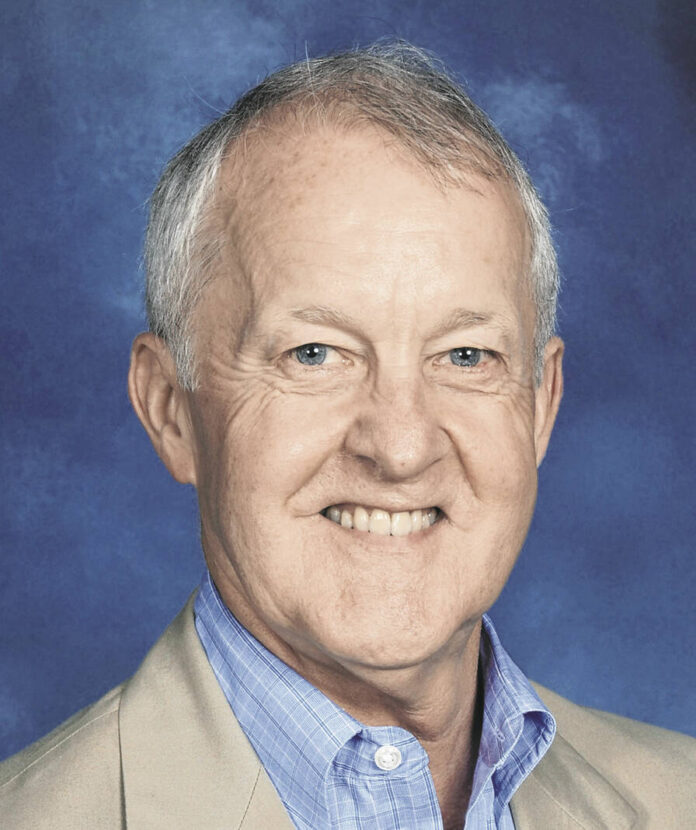I often used the poem “If I Were In Charge of the World” by Judith Viorst in my 7th grade English class. It is an accessible piece and my students seemed to relate to it. I hoped the poetry lesson would accomplish some of my overarching classroom goals—I wanted students to learn to love the beauty and wonder of language as well as appreciate its power in helping them to think.
The speaker is a young girl, maybe five to seven years old. She sets down a list of what she would do if she were in charge of the world. (This also gave me a chance to wear my English teacher hat and explain why “If I were in charge” is the grammatically correct choice rather than “If I was in charge”)
The speaker would cancel oatmeal, Monday mornings, allergy shots and also Sara Steinberg. If she were in charge there would be brighter night lights, healthier hamsters and basketball baskets would be 48 inches lower.
She wouldn’t allow loneliness and would eliminate cleaning and bedtimes. She would, however, declare chocolate sundaes with whipped cream and nuts a vegetable. The young speaker ends by acknowledging that although she “sometimes forgot to brush and sometimes forgot to flush” she should still be allowed to be in charge of the world.
I think young people relate to this poem because it is a common, maybe even universal, fantasy to imagine what you would do and what you would change if you somehow were in charge. How you would change things to make a better world if given the power to do so. And this fantasy is not only for children. We’ve all considered it at one time or another, haven’t we?
This is the stuff of late night college dorm conversations. This is a topic to discuss sitting on barstools over beers. Although it can be an easygoing and casual thought exercise, it is also the basis for more serious discussions. In a way, it is what much political conversation is about. We say “what they ought to do is” when we are discussing the latest problem, situation or dilemma in our town, state, country or world. We are sure of our conviction even when we don’t know all or even some of the facts.
New York Times columnist, political commentator and best-selling author Thomas Friedman once put forth the concept of America becoming “China for a day.” He says he was thinking in terms of the feeling of frustration some have with the messy, unfocused and time-consuming methods we have in the United States to solve problems—especially the efforts to enact a “Green Revolution”—compared to the “focus, stick-to-it-ness and direction China does through authoritarian means.” He added, “If we could only do that through democratic means.” Hmm. I suppose.
Throughout history certain people have come up with radically different theories and ideas of how things would be if they were in charge of the world. Political philosophers from Plato to Thomas Hobbs; from John Locke to Karl Marx have thought up systems that were envisioned as ideal ways for all of us to live. And they all have some problems.
“The little girl in the poem would ban oatmeal,” Becky pointed out as we were discussing this. “But I like oatmeal.” Right. It seems to me when anyone is in charge someone else is bound to be, at the very least, disappointed with the decisions of those who are in charge of whatever world they inhabit.
Thankfully, as a Christian, I am comforted to be reminded that the one who is really in charge of the world ultimately has it all under control. And I’ll bet oatmeal is part of his world, too.
Norman Knight, a retired Clark-Pleasant Middle School teacher, writes this weekly column for the Daily Journal. Send comments to [email protected].





